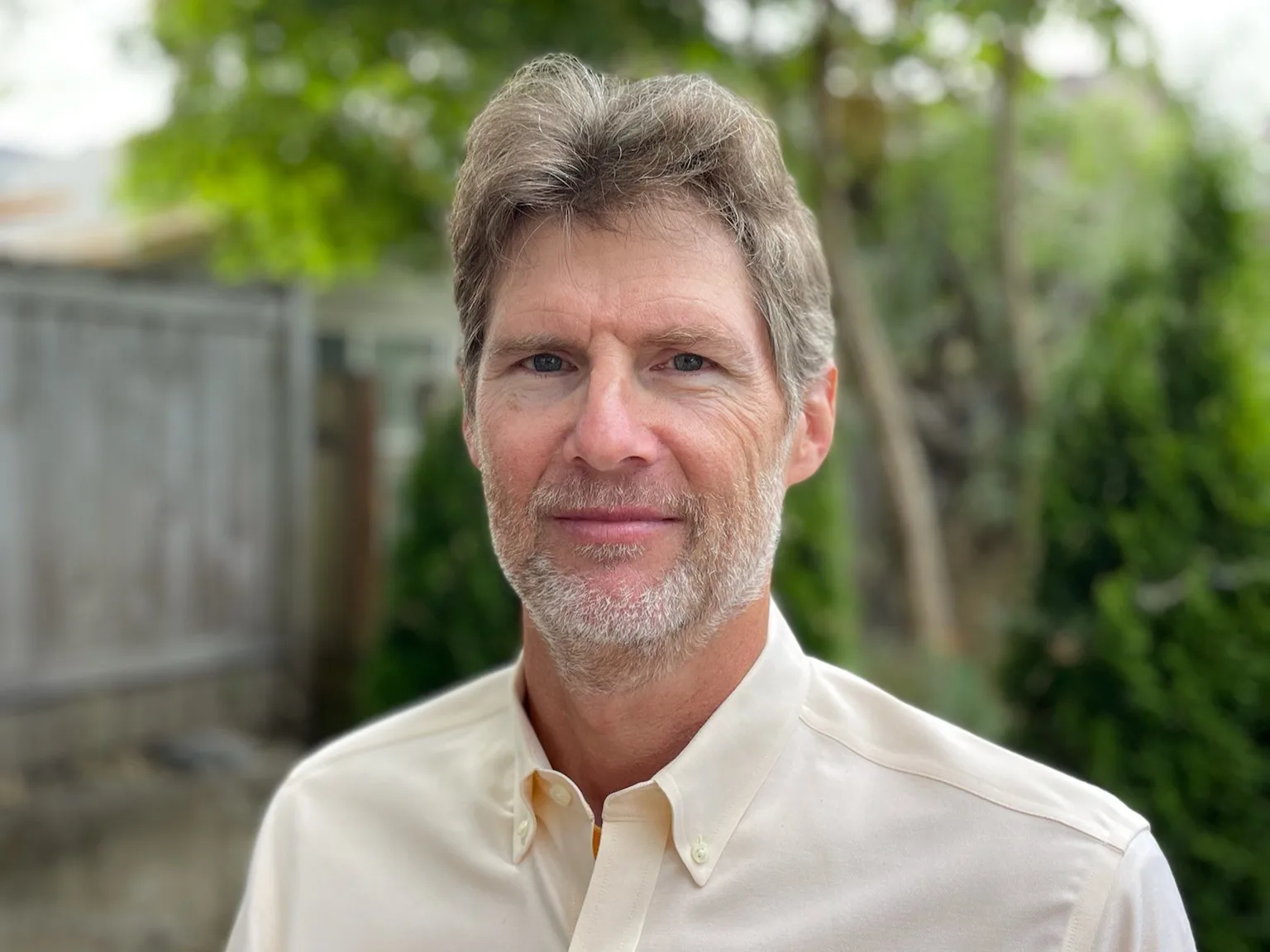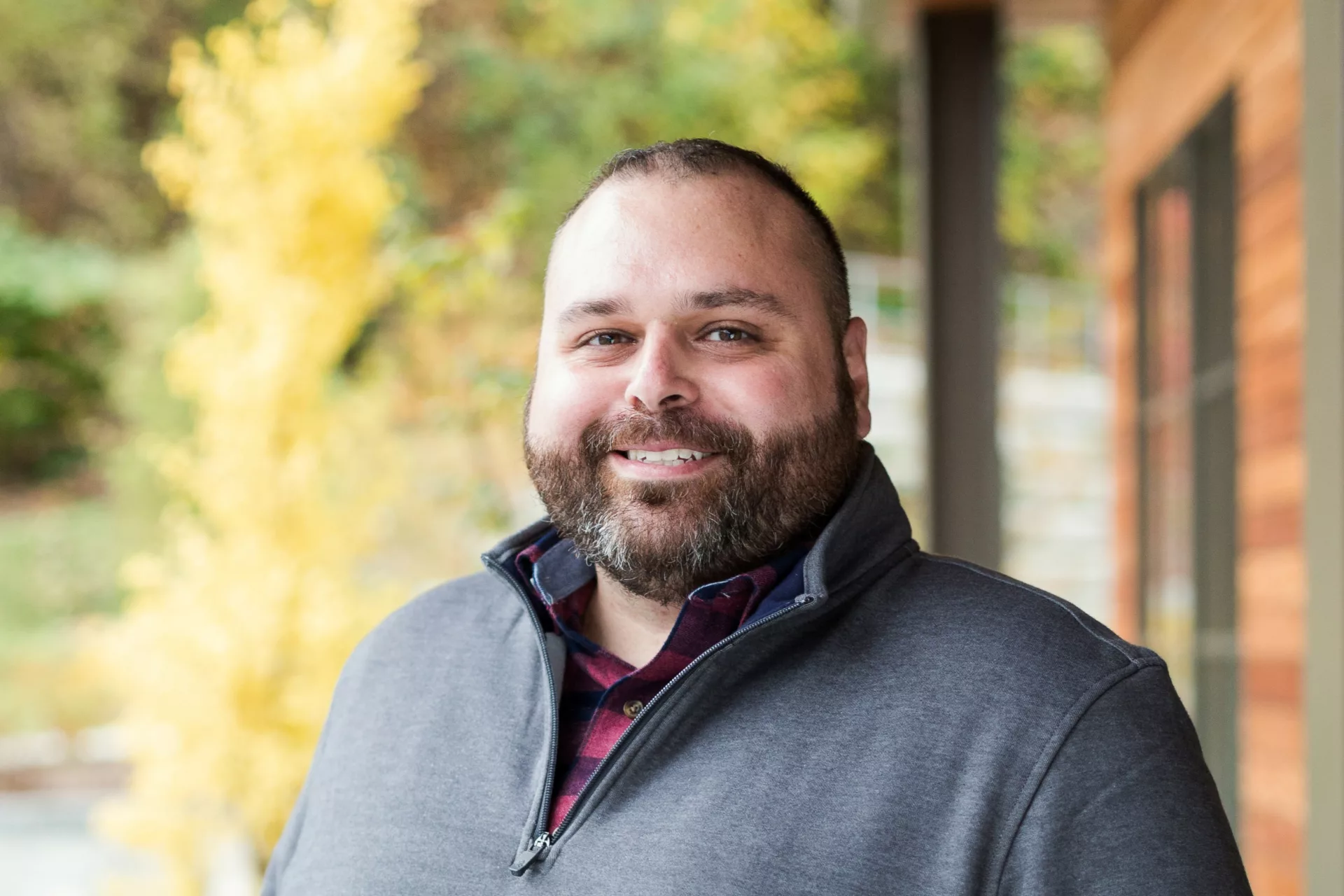
Transportation Analysis & Planning
Transportation Planning Grounded in Data, Built for Decisions
RSG helps agencies and businesses navigate the complexity of modern transportation systems. From statewide and regional planning to freight forecasting, ridership analysis, travel model development, strategic scenario planning, and electrification, we deliver insights that connect data to real-world decisions. Our work equips leaders to prioritize investments, evaluate policies, and plan confidently amid uncertainty.
Transportation systems are evolving rapidly. Freight networks are shifting with new supply chains, ridership patterns are changing across transit systems, and electrification is transforming infrastructure needs for both passenger and freight vehicles. At the same time, agencies face finite resources, shifting demographics, new policy priorities, and incomplete datasets that make long-range planning and forecasting challenging. Whether developing statewide plans, evaluating transit service changes, or preparing for future mobility technologies, decision-makers need clear, defensible analysis that can adapt to changing conditions.
RSG brings clarity to this complexity by integrating data collection, behavioral modeling, scenario planning, and mobility analytics under one roof. We build and apply travel demand models, forecast ridership using defensible methods that support federal review, analyze freight movement with behavioral insights, and evaluate electrification strategies using detailed travel and charging behavior forecasts. Our experts translate technical analysis into actionable guidance, helping agencies prioritize investments, strengthen grant applications, assess policy trade-offs, and design transportation systems that meet community needs. With RSG, clients gain the evidence and confidence to make planning decisions that stand up to scrutiny and deliver results.




